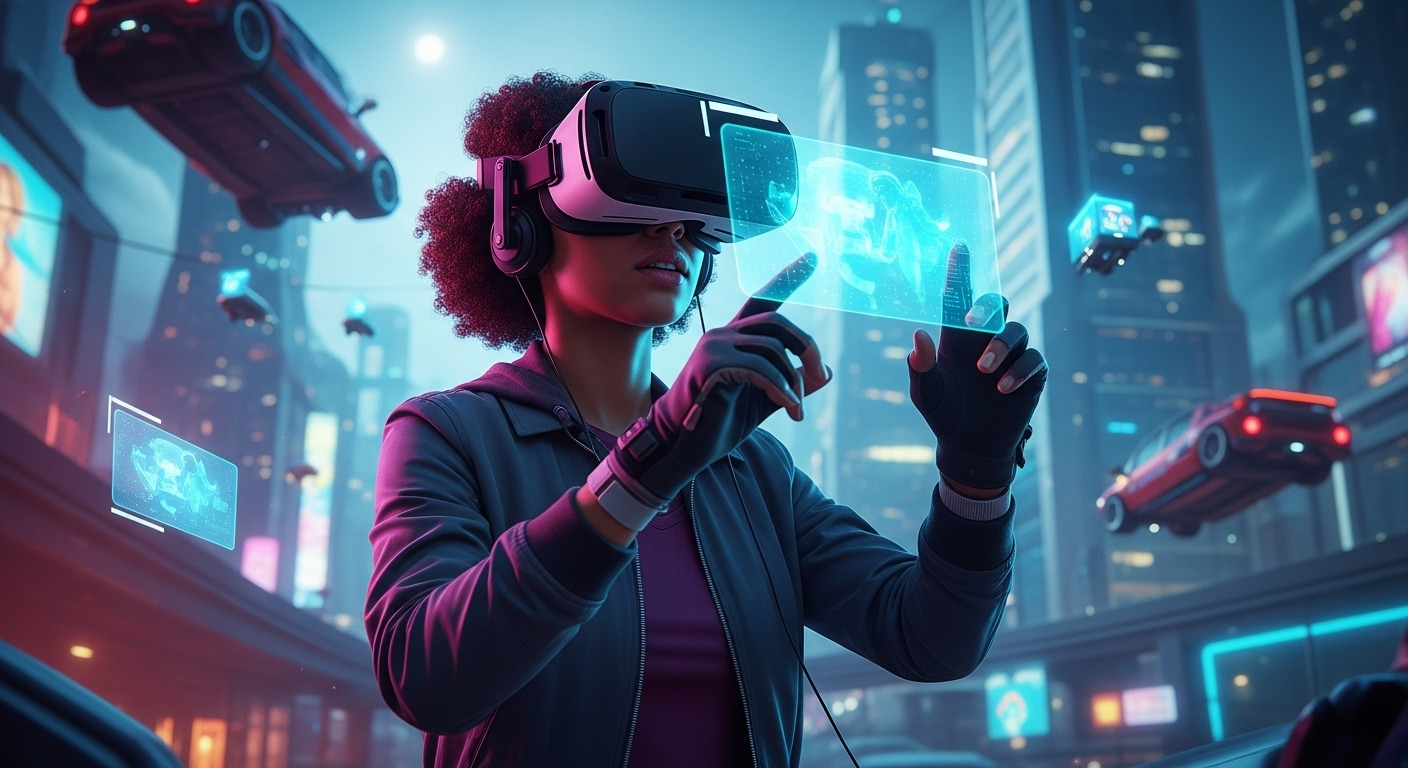Gamification in Professional Development: Leveling Up Your Career
In the ever-evolving landscape of career advancement, a novel approach is gaining traction: gamification in professional development. This innovative strategy melds game design elements with career growth initiatives, transforming the often daunting process of skill acquisition and career progression into an engaging, rewarding journey. As industries rapidly transform, this method offers a fresh perspective on how professionals can stay competitive and motivated in their career paths.

The Genesis of Gamification in Career Growth
The concept of gamification in professional settings isn’t entirely new, but its application to career development has gained significant momentum in recent years. Rooted in motivational psychology and learning theories, this approach draws from the understanding that humans are intrinsically motivated by challenges, rewards, and a sense of progress. The early 2010s saw the first wave of gamification in business contexts, primarily in marketing and customer engagement. However, forward-thinking HR professionals and career strategists soon recognized its potential in employee development and career advancement.
Core Elements of Career Gamification
At its heart, gamification in professional development incorporates several key elements from game design:
-
Point Systems: Professionals earn points for completing tasks, acquiring new skills, or reaching milestones in their career journey.
-
Levels and Progression: Career paths are broken down into levels, each representing a new set of skills or achievements.
-
Challenges and Quests: Specific career-related tasks or learning objectives are framed as challenges or quests to be completed.
-
Badges and Achievements: Visual representations of accomplishments serve as motivators and indicators of progress.
-
Leaderboards: Competitive elements allow professionals to compare their progress with peers, fostering healthy competition.
Benefits of Gamified Career Development
Implementing gamification in professional growth strategies offers numerous advantages:
-
Increased Engagement: By making the process more interactive and enjoyable, professionals are more likely to actively participate in their own development.
-
Clearer Goal Setting: Breaking down career objectives into smaller, achievable tasks helps individuals set and reach realistic goals.
-
Immediate Feedback: The instant gratification of earning points or badges provides continuous feedback on progress.
-
Enhanced Motivation: The reward system taps into intrinsic and extrinsic motivational factors, keeping professionals committed to their growth.
-
Skill Visibility: Gamified systems often provide a clear visual representation of acquired skills, useful for both personal assessment and showcasing to employers.
Real-World Applications
Several companies and platforms have already embraced gamification in professional development:
-
Corporate Training Programs: Large corporations are redesigning their training modules to include game-like elements, increasing completion rates and knowledge retention.
-
Professional Networking Platforms: Some career-oriented social networks now incorporate achievement badges for skill endorsements and profile completeness.
-
Skill Development Apps: Mobile applications focused on professional skills often use leveling systems and daily challenges to encourage consistent learning.
-
Certification Courses: Online certification programs are integrating progress bars, achievement unlocks, and competitive elements to boost engagement and completion rates.
Challenges and Considerations
While gamification offers exciting possibilities, it’s not without its challenges:
-
Overemphasis on Extrinsic Motivation: There’s a risk of professionals focusing too much on rewards rather than the intrinsic value of learning and growth.
-
Design Complexity: Creating an effective gamified system requires careful planning to ensure it aligns with genuine career development goals.
-
Individual Differences: Not all professionals may respond equally well to gamified approaches, necessitating flexible implementation strategies.
-
Balancing Fun and Professionalism: Striking the right balance between engaging game elements and maintaining a professional learning environment can be challenging.
Future Trends and Possibilities
As technology continues to advance, the future of gamification in professional development looks promising:
-
AI-Driven Personalization: Artificial intelligence could tailor gamified experiences to individual learning styles and career goals.
-
Virtual Reality Integration: VR technologies might offer immersive, gamified simulations for skill practice and development.
-
Cross-Industry Collaboration: We may see standardized gamification systems across industries, allowing for more universally recognized achievements.
-
Blockchain for Credential Verification: Blockchain technology could be used to securely store and verify gamified achievements and certifications.
Implementing Gamification in Your Career Journey
For professionals looking to incorporate gamification into their own career development:
-
Set Clear Objectives: Define specific, measurable career goals that can be broken down into smaller tasks.
-
Create a Personal Reward System: Develop a system of self-rewards for reaching milestones or acquiring new skills.
-
Utilize Existing Platforms: Explore professional development apps and platforms that already incorporate gamification elements.
-
Track Progress Visually: Use tools or create your own visual representations of your career progress and skill acquisition.
-
Form Accountability Groups: Create or join groups of like-minded professionals to add a social and competitive element to your development.
Gamification in professional development represents a significant shift in how we approach career growth and learning. By tapping into our innate love for games and achievement, this strategy has the potential to make the journey of career advancement more engaging, enjoyable, and ultimately more effective. As the job market continues to evolve, embracing innovative approaches like gamification could be key to staying competitive and fulfilled in our professional lives.





